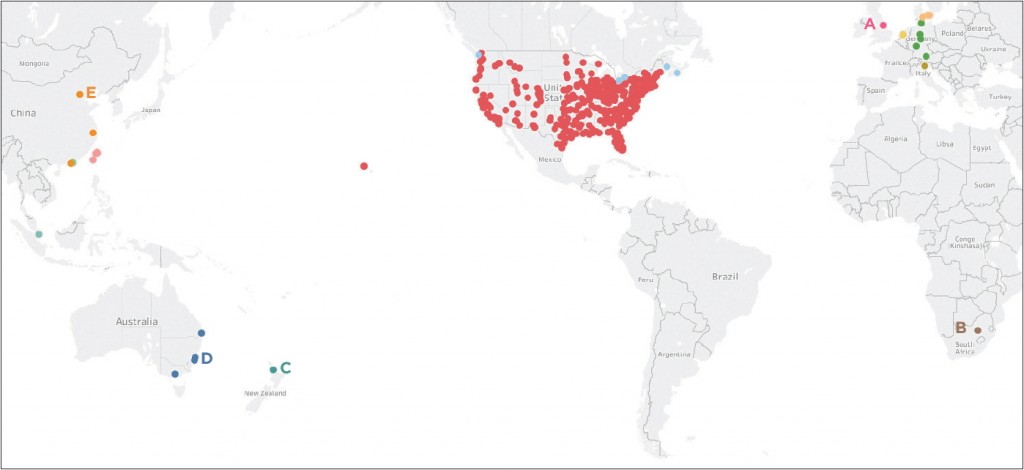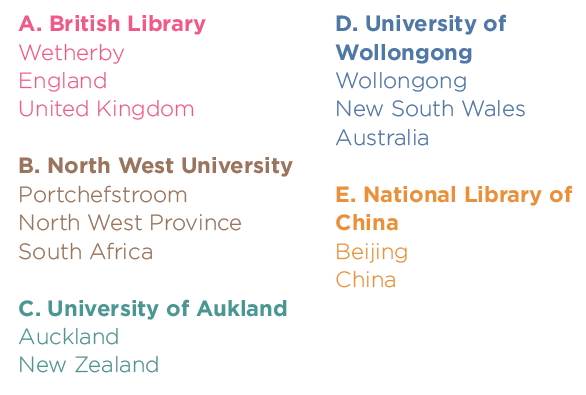
February 20-24 is Fair Use Week, and this year Snell Library is focusing on the arts. Come and make a collage with us…details below!
What is fair use? It’s a right granted to us that allows us to use copyrighted materials without permission from the copyright holder, under certain circumstances. The central purpose of the doctrine of fair use is to encourage creative expression and innovation through the transformative use of intellectual property. It is part of U.S. copyright law.
People often ask, “how much of someone else’s work can I use without asking permission and have it be considered fair use?” The answer is “it depends.” Fairness is something that needs to be assessed for each potential usage, against four factors:
- The intended purpose and character of the use, such as whether it’s for commercial or noncommercial, educational use.
- The nature of the copyrighted work – is it factual or creative?
- The amount of the portion to be used in relation to the entire work.
- The effect of the use on the potential market for the original work.
There’s also a concept of “transformativeness,” which, while not specifically codified in copyright law, has been shown to be a favored use. Transformativeness has to do with the creation of a new work through the use of others’ work. Recording artists and visual artists use remixing, mashups, and sampling in this way. Sometimes they need to ask permission, but sometimes appropriation of others’ work is considered fair use, and the courts agree:
Make a Collage and Learn More About Fair Use!
Creativity can be a great way to think about how fair use can apply in your research output and other work. Our Art and Architecture librarian, Regina Pagani, and I will be hosting a collage table in the lobby of Snell Library on Thursday and Friday this week (2/23 and 2/24), from 2:00 to 4:00. Stop by and find out more about fair use, and make your own collage to take with you or contribute to a larger collaborative effort!
Further Reading:



